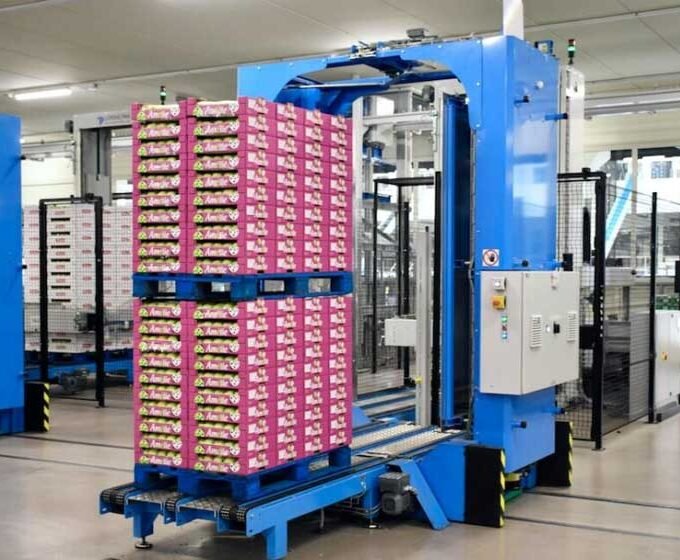In today’s rapidly changing world, the demand for a skilled and competent workforce is higher than ever. As industries evolve and technology advances, the need for individuals with specialized skills becomes increasingly crucial.
This vocational training education and training has emerged as a powerful tool in building better futures for individuals and societies. In this blog post, we will explore how vocational training is transforming lives, bridging the skills gap, and contributing to the overall well-being of individuals and communities.
Bridging the Skills Gap
One of the most significant advantages of vocational training is its ability to bridge the skills gap. In many countries, there needs to be more match between the skills possessed by job seekers and the skills demanded by employers.
This disconnect often leads to unemployment and underemployment. Vocational training programs are designed to address this issue by providing individuals with the specific skills and knowledge needed to excel in their chosen fields.
For example, a person interested in a healthcare career can undergo vocational training to become a certified nurse or medical technician. Similarly, someone interested in construction can learn the necessary skills to become a carpenter or electrician. These programs not only prepare individuals for the workforce but also ensure that they have the skills that are in demand, reducing unemployment rates and boosting economic growth.
Enhancing Employability
Vocational training programs not only equip individuals with specialized skills but also enhance their employability. Many vocational courses are developed in collaboration with industry experts, ensuring that graduates are well-prepared to meet the demands of the job market. This practical approach to education often results in higher job placement rates and better-earning potential for vocational graduates.
Furthermore, vocational training programs often include internships or apprenticeships, providing students with real-world experience and the opportunity to network within their chosen industry. This hands-on experience is invaluable for securing a job and advancing one’s career.
Promoting Lifelong Learning
Vocational training promotes a culture of lifelong learning. In today’s fast-paced world, individuals need to adapt to new technologies and industry trends continually. Vocational training programs are often designed to be flexible, allowing individuals to update their skills or learn new ones throughout their careers.
This commitment to ongoing learning not only benefits individuals but also contributes to the overall competitiveness and innovation of industries. Workers who engage in lifelong learning are better equipped to handle technological advancements and changing job requirements, ensuring that businesses remain competitive and relevant.
Fostering Entrepreneurship
Vocational training programs also play a crucial role in fostering entrepreneurship. Many individuals who undergo vocational training acquire the skills to start and run their businesses successfully. Whether a skilled welder opening their welding shop or a culinary graduate starting a restaurant, vocational training empowers individuals to become self-employed and contribute to economic growth.
Entrepreneurship not only creates job opportunities for the individual but also stimulates local economies by generating employment opportunities for others. Additionally, it promotes innovation and creativity, as entrepreneurs often find innovative solutions to industry challenges.
Meeting the Demand for Skilled Workers
Many industries are facing a shortage of skilled workers, and vocational training is helping to meet this demand. Fields such as healthcare, construction, and information technology are continually seeking qualified professionals. Vocational training programs provide a direct pathway for individuals to enter these high-demand industries, helping to fill the skills gap and support economic growth.
Conclusion
Vocational training is a powerful tool for building better futures for individuals and communities. It bridges the skills gap, enhances employability, promotes lifelong learning, fosters entrepreneurship, and meets the demand for skilled workers in various industries. As the world continues to evolve, vocational training remains a vital component of a prosperous society. By investing in vocational education, we empower individuals to achieve their career aspirations and contribute to the growth and development of our communities. Vocational training is not only an investment in individuals but also an investment in a better future for us all.
















